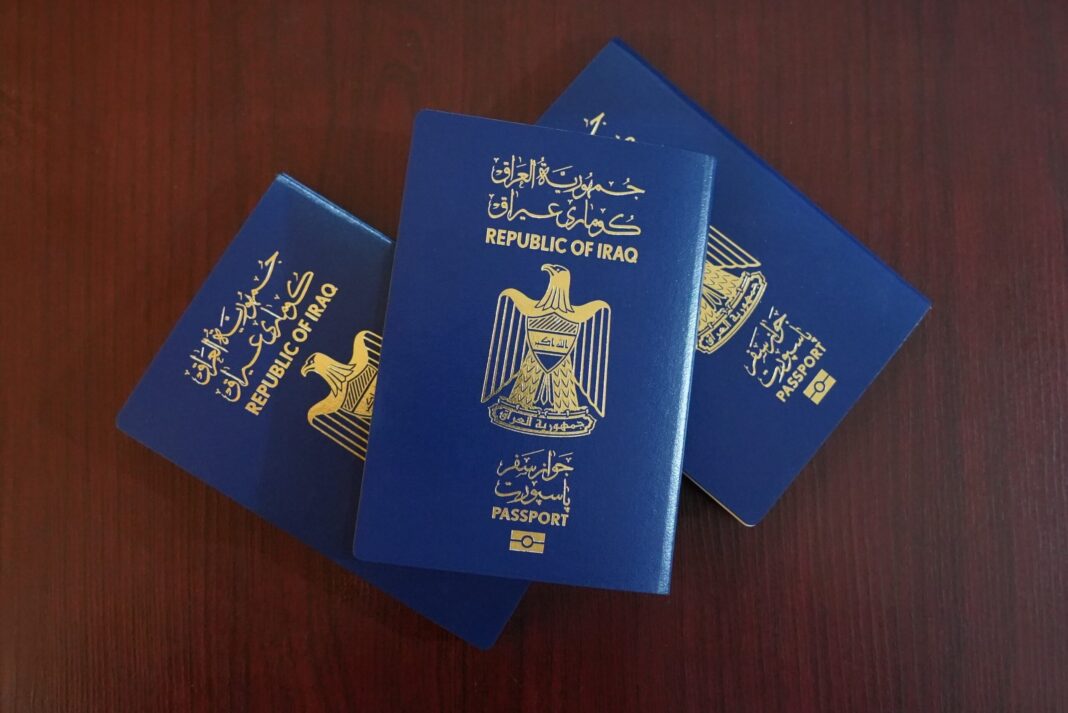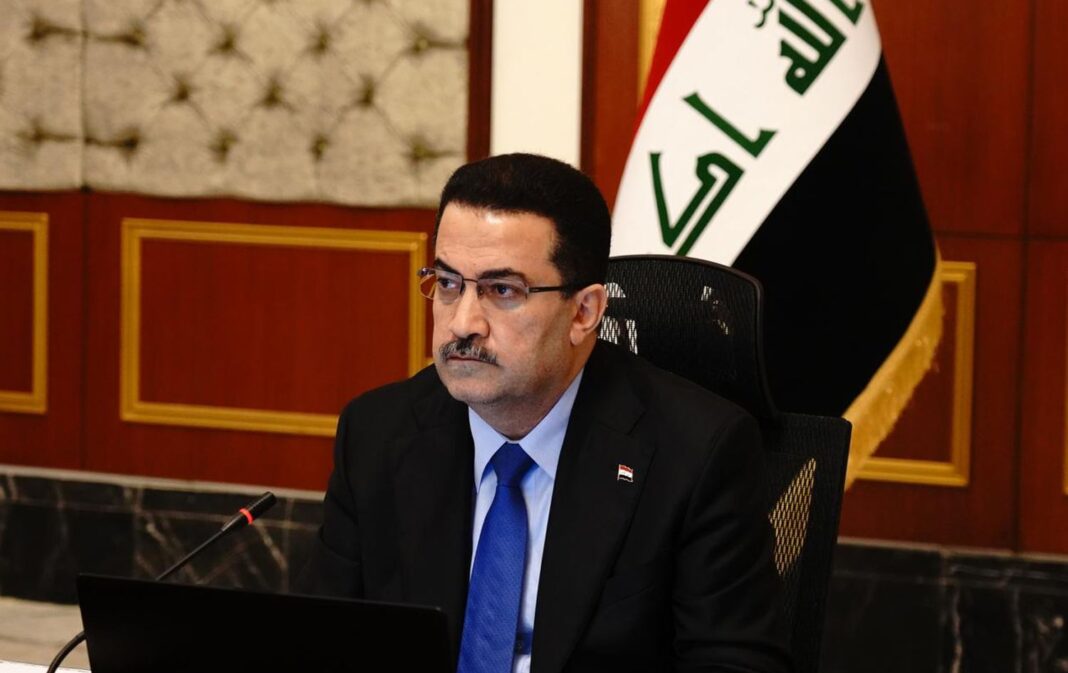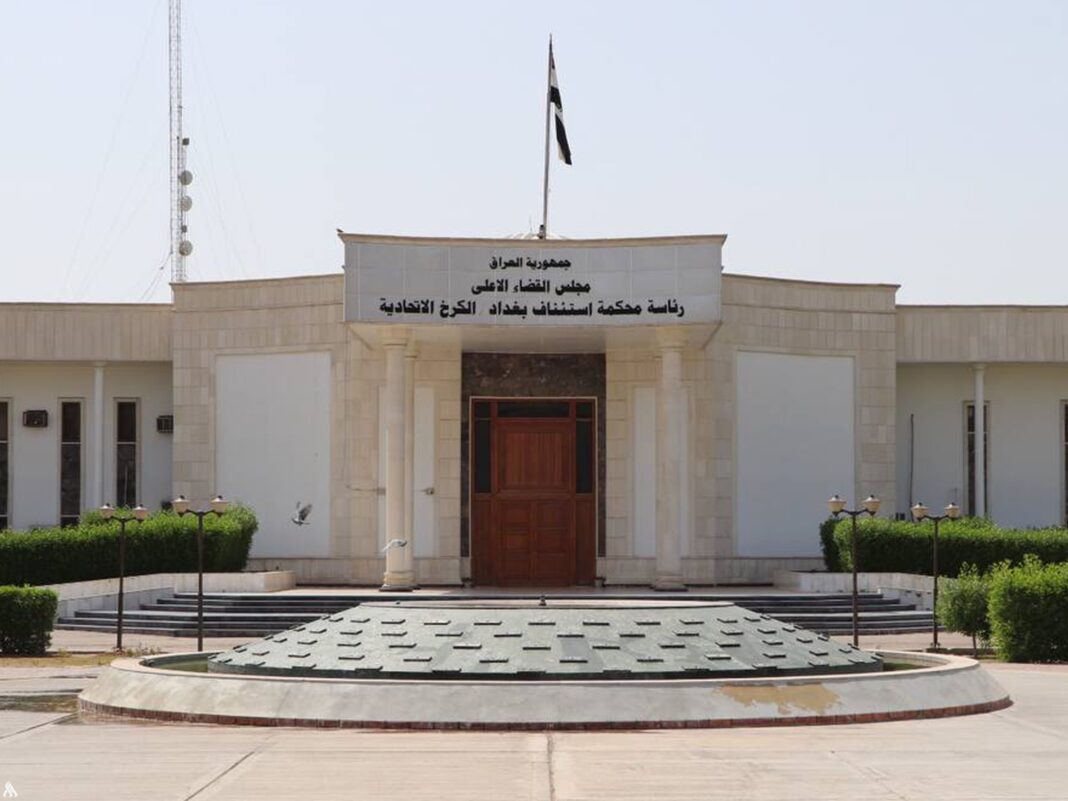The Iraqi passport ranks low, landing in the 97th position in the latest Henley Passport Index. This ranking places it among the least powerful passports worldwide. Only a few countries—such as Syria and Afghanistan—fall below Iraq in global mobility.
Currently, Iraqis can travel visa-free or obtain a visa on arrival in just about 30 countries. This restriction greatly limits movement for students, business professionals, and families who need to travel for education, commerce, or reunification.
In contrast, neighboring countries like the UAE, Saudi Arabia, and Qatar enjoy far better global mobility. These Gulf states offer their citizens access to over 100 countries without requiring a visa in advance. This gap highlights how much work Iraq must do to strengthen international agreements.
Furthermore, Iraq’s weak ranking reflects deeper challenges in foreign policy and national security. A more effective diplomatic strategy could open new doors for Iraqi citizens. Yet, without proactive efforts, the path forward remains uncertain.
Travel limitations can also hinder Iraq’s economic development. Entrepreneurs and skilled workers often need quick access to global markets. With current passport restrictions, many business opportunities vanish before they begin.
Similarly, Iraqi students aiming for international education face repeated visa hurdles. These challenges can delay or block academic ambitions that would otherwise benefit the country in the long term.
To improve global access, Iraq must negotiate stronger visa-free agreements. Cooperation with friendly nations and global institutions could enhance the situation. However, real change demands commitment at the highest levels of government.
The fact that the Iraqi passport ranks low should serve as a wake-up call. Rebuilding diplomatic ties and securing international trust must become top priorities. Otherwise, Iraqi travelers will continue to face frustrating and unnecessary barriers.
As the Iraqi passport ranks low, the need for strategic global engagement becomes ever more critical for Iraq’s future.



